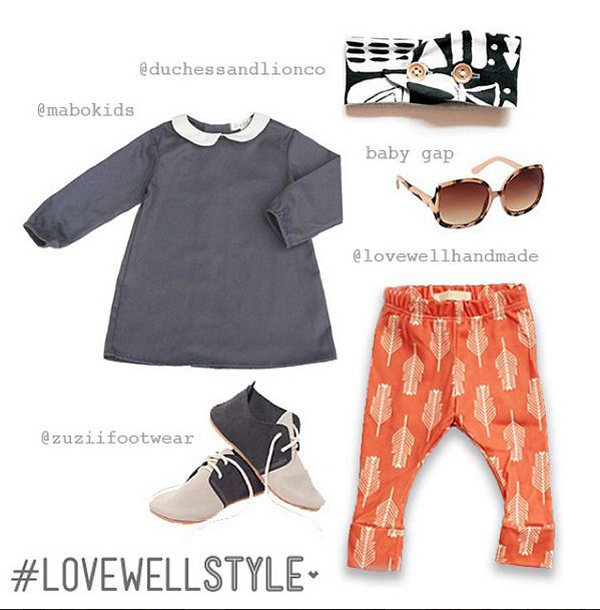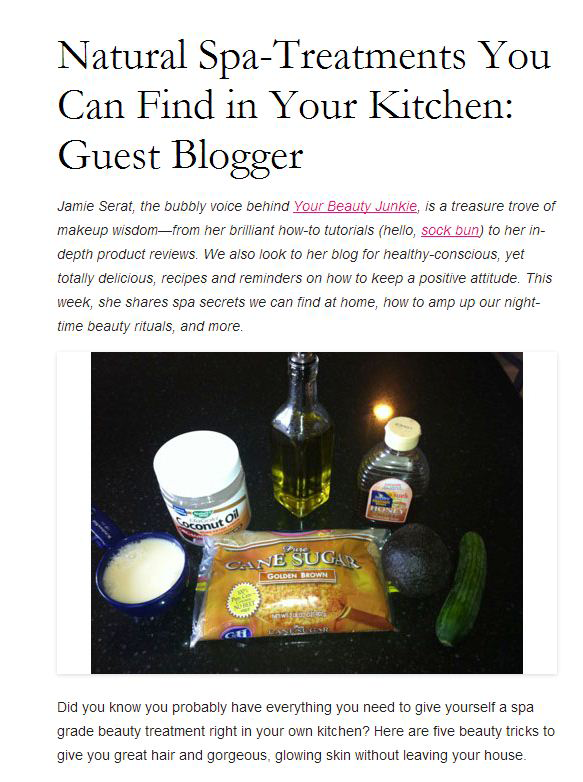3 Real-World Authority-Building Examples

Relevancy, authority and user experience are the fundamentals of being found on the search engines today.
In order for customers to connect with your brand, it needs to be relevant to what users are searching for, both the customers and the search engines need to trust that your brand is an authority on the subject and its digital properties need to provide a seamless user experience. Relevancy and user experience tend to be the easiest for business owners to comprehend, but authority is one area that is ripe with misconceptions. That said, here are three real-world authority-building examples to hang your digital hat on (now and in the future).
Guest Blog (Stay with Me)
By now you've likely heard that Matt Cutts of Google's Webspam team has expressed his grievances with the practice of guest blogging saying, "...if you're using guest blogging as a way to gain links in 2014, you should probably stop. Why? Because over time it's become a more and more spammy practice, and if you're doing a lot of guest blogging then you're hanging out with really bad company."
Many in the SEO community have said that Cutts's stance is unforgivably too broad and too harsh. After all, most reputable newspapers, magazines (Website Magazine included) and Web blogs rely on qualified contributors to provide niche insights their in-house writers may not have, while guest writers (and consequently their companies) are exposed to new audiences and are able to build authority or credibility within their niche.
Website Magazine receives dozens of contributor requests each month and it's pretty easy to spot those that are just interested in building a link portfolio, rather than authority or credibility (some taboos are promotional in-article links, linking to companies with nothing to do with the article, like "best business credit cards" for an article on Web design, etc.). So, if you are in the position to accept guest blogs, be picky and don't bend from your contributor guidelines (at the very least, we'd recommend article exclusivity). If you are pitching a guest blog to a publication or company within your niche, make sure to check out "7 Tips to Guest Blog Like a Pro."
Let's look at guest blogging example.
The Birchbox blog published a guest post by a professional blogger (who also appears to be a Birchbox affiliate judging by an ad on her site) and a few things stood out as takeaways for other brands. One, the guest blogger linked to Birchbox products within her article. It's important to remember that website owners are vain, so link to their products or supporting articles, not yours or their competitors' info. Second, Birchbox gave the guest blogger a bio with two links (definitely a best practice). Third, the blogger contributed a relevant, unique piece of content that Birchbox customers will enjoy. Similarly, the blog will help its author build her authority as a beauty expert. There is, hands down, nothing spammy about this guest blog. Rather, it adds value and shouldn't be lumped into a "spammy" group.
Create Shareable Content
Google has said its social network Google+ doesn't play a role in how brands are ranked on the search engines and that Google puts a premium on quality content and when you put out quality content, your audience will respond to it and like your content on Facebook, give you a +1 on Google+ and engage with you in some other manner. And when you provide quality content that users want to engage with, you are showing Google that you are an authority on a matter and that users trust you as a relevant source on a topic.
Hours, if not days or months, could be spent on discussing how to create shareable content, but like guest blogging, it comes down to crafting content that is unique, relevant and, often, highly visual in nature.
Let's look at a shareable content example.
LoveWellHandmade.com was created by a husband and wife team Candice and Jonathan McCoy. It has built its business through (1) a local following, thanks to pop-up shops, (2) a strong ecommerce foundation with LightCMS, (3) a continually updated social presence on Instagram and Pinterest and (4) outreach to like-minded companies.
What's most impressive about their budding business is the shareable content they create. #LoveWellStyle is a feature they started late last year, which pairs items they sell on their ecommerce site with items from other "mom shops" or from large, accessible retailers like Old Navy. Since Love Well Handmade offers unique clothes with unique patterns, they took it upon themselves to show moms how to style the pieces to make their kids look Pinterest-worthy. They have also built a lot of connections with other online shops that cater to moms just from being at local events, following other brands on Instagram and other organic outreach. So, they created highly shareable content that can help them build authority in their niche. Although, they should work on a way to not have this feature in an image on their website, so it is crawlable by the search engines.

For Goodness Sake, Be Mindful
Building authority on today's Web - while remaining in the good graces of the search engines, namely Google - means you have to be mindful of how brands are contributing to the betterment of an industry as a whole.
Are there conversations your business stakeholders should be a part of? Are there news articles your owner or CEO should be quoted in? (Note: If so, you may want to check out Help a Reporter Out.) Are there channels your customers are using that you aren't on? Your business - or its stakeholders - should be the face of your industry whether that's through publishing unique and relevant blog posts, speaking at industry events, writing books, using social networks or being a journalist's go-to source on a topic. (In short, digital PR at its finest.)
Let's look at a mindful, authoritative example.
Eric Ryan, along with his childhood friend Adam Lowry, is the co-founder of Method, a line of green cleaning products with pretty cool-looking packaging. He Tweets, but could definitely stand to do so more regularly, not only about his own company, but also about other stories affecting the industry. He also serves on conference panels, is willing to be interviewed by a man in a throne, co-wrote a book based on Method's experience of starting as a scrappy startup and created authoritative videos on the art of marketing (pictured). Method appears very mindful (errr methodical) about the stories they contribute to, and when the company was very recently acquired by Ecover of Belguim, this didn't change. Ryan gave a tell-all interview to the NY Times and says his influence on Method's reach (with NY Times suggesting competitors are now offering green cleaning supplies because of them) and its mission (making products that work for customers and the planet) will not change. Even if they do, he's spent the last few years becoming an authority in the space, because he was mindful about sharing his unique expertise and Method's vision for a cleaner planet.











